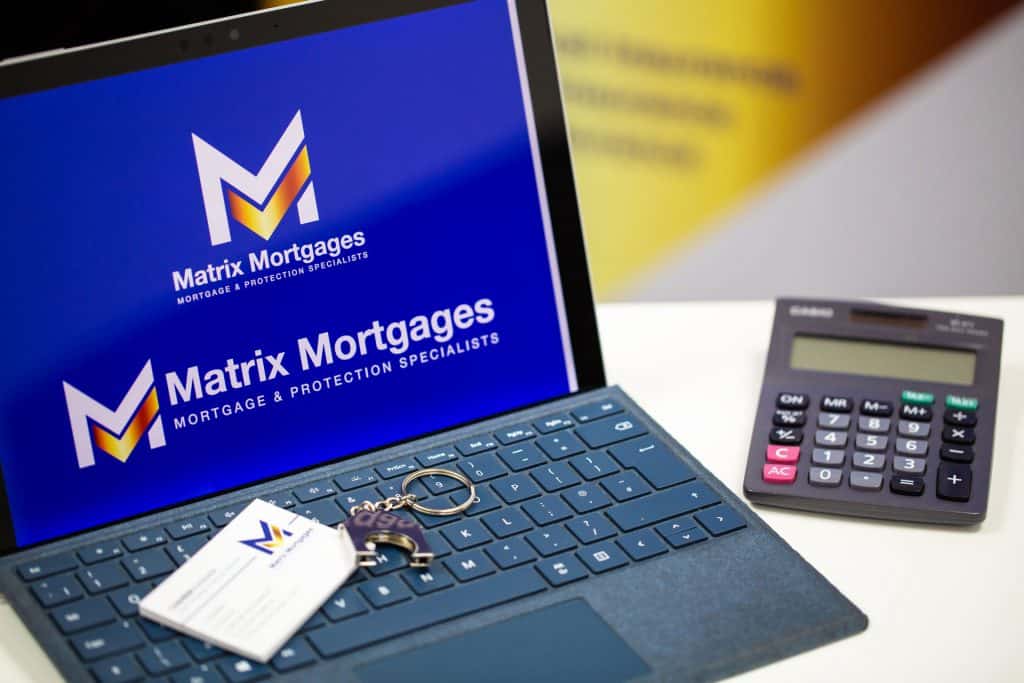Buy to Let Mortgages - What you need to know
There is more than one reason why a person might want to buy a property. The most common reason is to live in the house themselves, but not far behind is buying a property with the intention of renting it out to tenants. This is an excellent way to build a healthy, long-term financial future. Of course, these types of properties can be just as expensive as any other type of property. In order to buy one, then a person may get a Buy to Let mortgage. This is a type of mortgage specifically designed for people who are buying properties with the sole intention of renting it out for others to live in. On this page, you’ll find all the essential information you need to know if you’re thinking about undertaking this process.
Who can get a Buy To Let Mortgage?
In theory, anybody can get a buy to let mortgage. It’s just that they’ll have to meet some requirements first. The first is pretty obvious: if you want to get a Buy To Let mortgage, then you must be willing to buy a property and let it out. You can’t get this type of mortgage if you’re going to live in the property yourself. You should also be a current homeowner and have a good credit record. In general, you’ll have to earn at least more than £25,000 a year, though this isn’t always strictly necessary. There are mortgage lenders who don’t ask for a minimum salary. While it’s not a requirement, it’s important that anyone applying for this type of mortgage understands the risks involved in investing in property.

How do Buy To Let Mortgages Work?
Buy To Let mortgages are straightforward. If you have an idea of how regular mortgages work, then you’ll be on the right path! However, there are some key differences. The costs and charges can be higher. This is because the property that’s being bought will be rented out for profit, so it’s more of an investment than just buying a property to live in. One key difference is that the majority of BTL mortgages are interest-only. That means that the monthly payment just involves the payment of the interest on the mortgage, not the capital itself. When the time of the mortgage has expired, the mortgage is paid in full. There are other options, however — some brokers offer these types of mortgage on a typical repayment plan.
In order to get a BTL mortgage, you’ll have to put down a deposit of around 25% of the value of the property. But this can vary; while 25% is standard, it can sometimes go up to as much as 40%.
How much can you borrow on a BTL Mortgage?
There’s no hard and fast rule when it comes to how much you can borrow. It all depends on the property in question, and most specifically, how much you can expect to earn from rental. This is something that the borrower can figure out before they approach brokers. Of course, how much rent a property will receive will depend on various factors, including where it’s located and the condition of the property (or what the condition will be like by the time it’s on the market). In general, lenders will ask that you’re charging 25% or so more than the cost of the mortgage.

Where can you get a BTL Mortgage from/How can a Mortgage Broker help?
There are many companies out there that offer a Buy To Let mortgage. As with everything, some will be more suitable for your needs than others. To make sure sure that you end up with a mortgage that’s right for your needs, it’s recommended that you work with a specialist mortgage broker. They’ll be able to take a look at all the options available, and put the best deals on the table for you.
Planning for when there is no rent coming in
It doesn’t matter how robust the rental market is right now; things can always change. As such, it’s important to top up your savings account while you have tenants, to cover the times when you don’t have tenants. It’s also important not to rely on selling the home if you have troubles renting, since house prices can fall.
Buy to Let and Tax implications and Advantages
You will have to pay tax on your rental income. But there are advantages; for example, you can deduct the costs associated with certain property expenses, including letting agent fees, insurance, and utility bills. Important maintenance tasks can be deducted too.
Why Matrix Mortgages
- Raising The standards of Mortgage advice
- Making Mortgage advice accessible to all
- Trusted & stress-free Mortgage advice
- Friendly, personable advisors
Click here to access your credit report
Please be aware that by clicking on to this link you are leaving the Matrix Mortgages website. Please note that Matrix Mortgages nor HL Partnership Ltd are responsible for the accuracy of the information contained within the linked site(s) accessible from this page.

